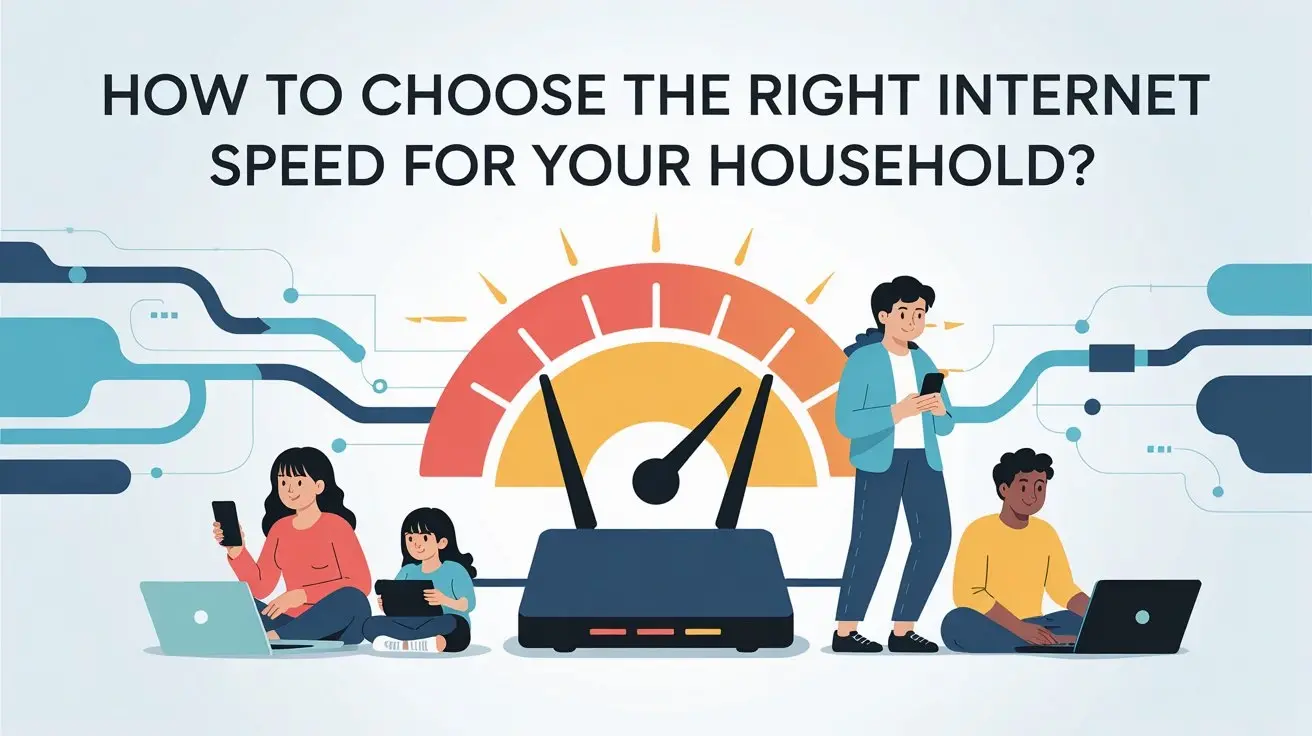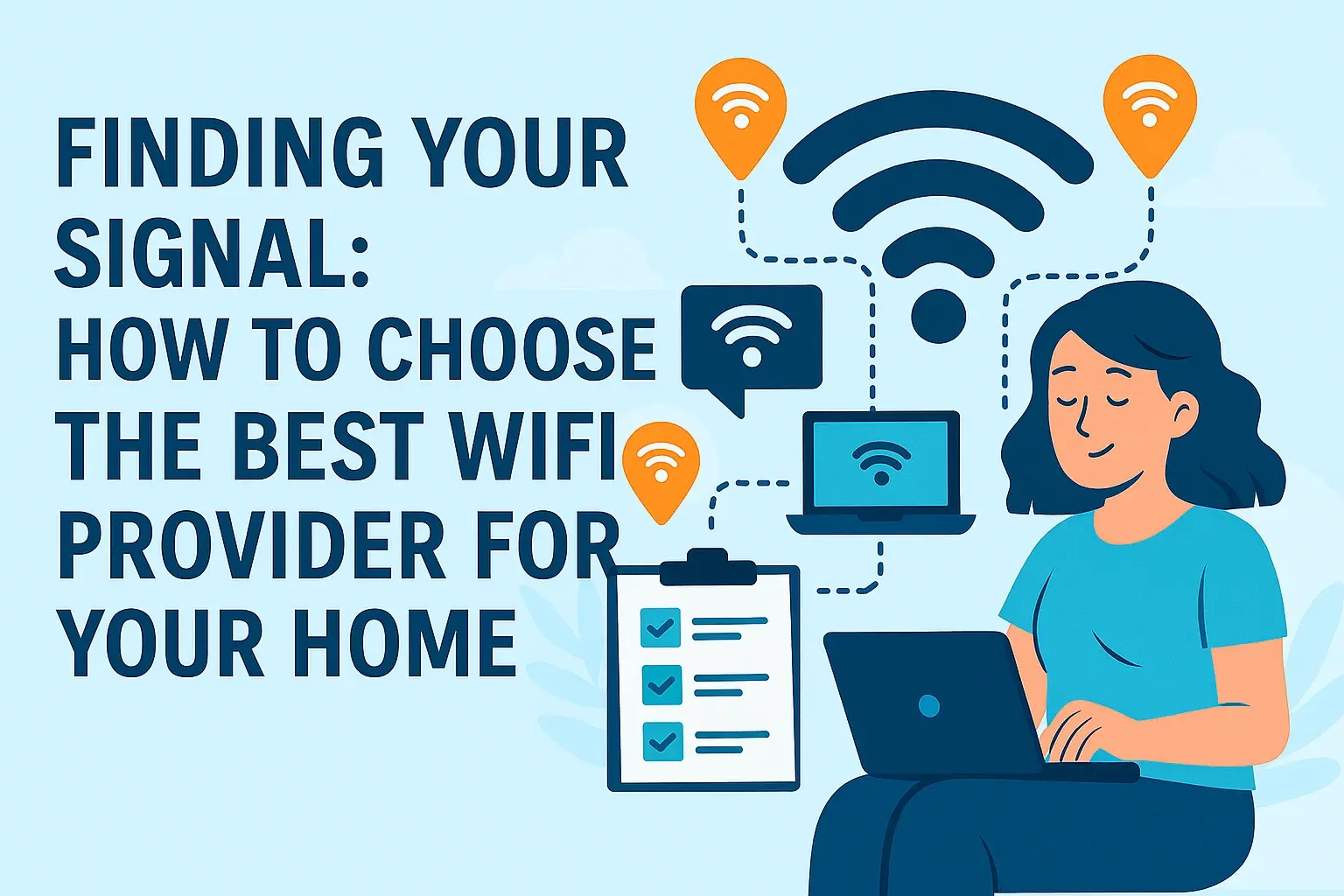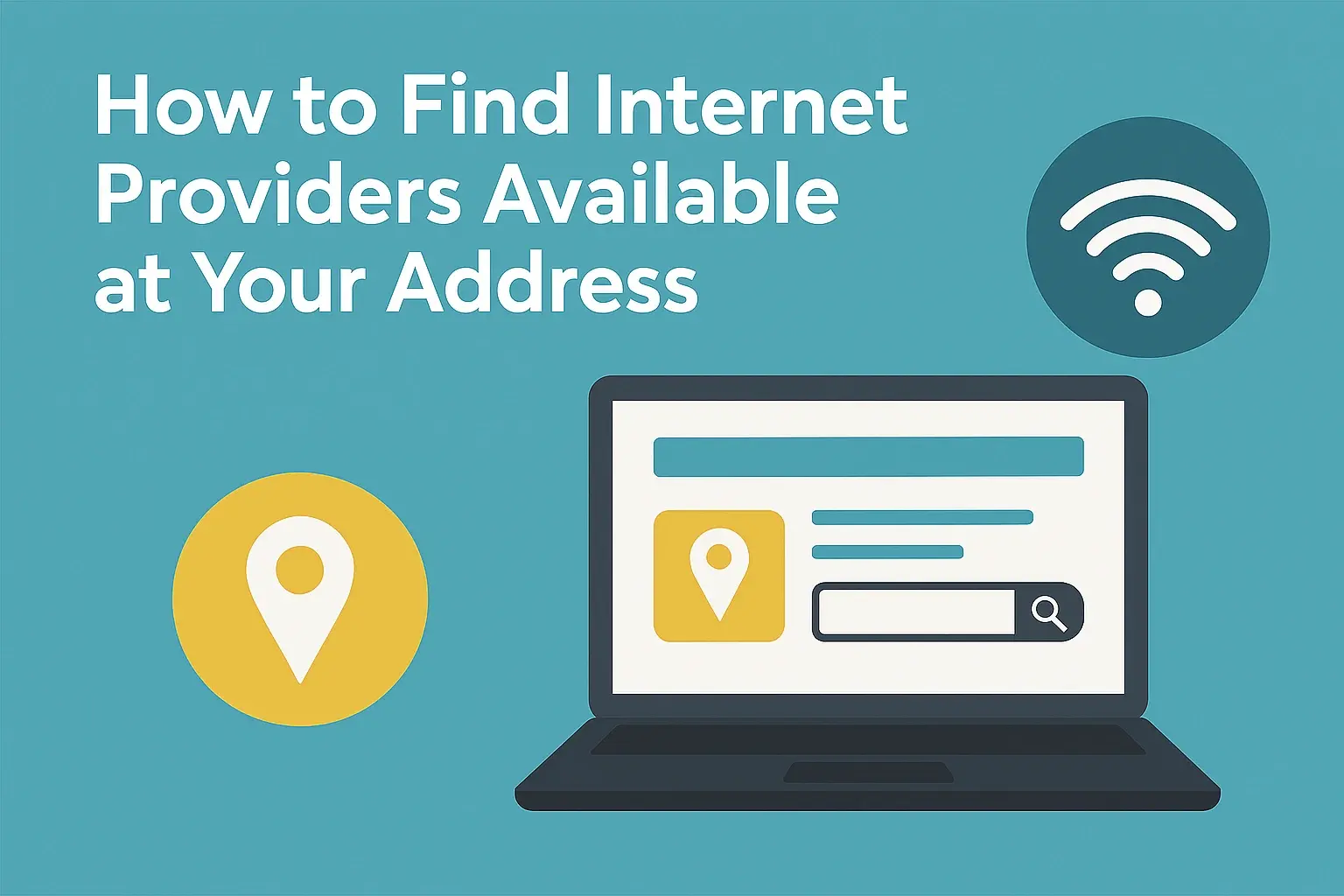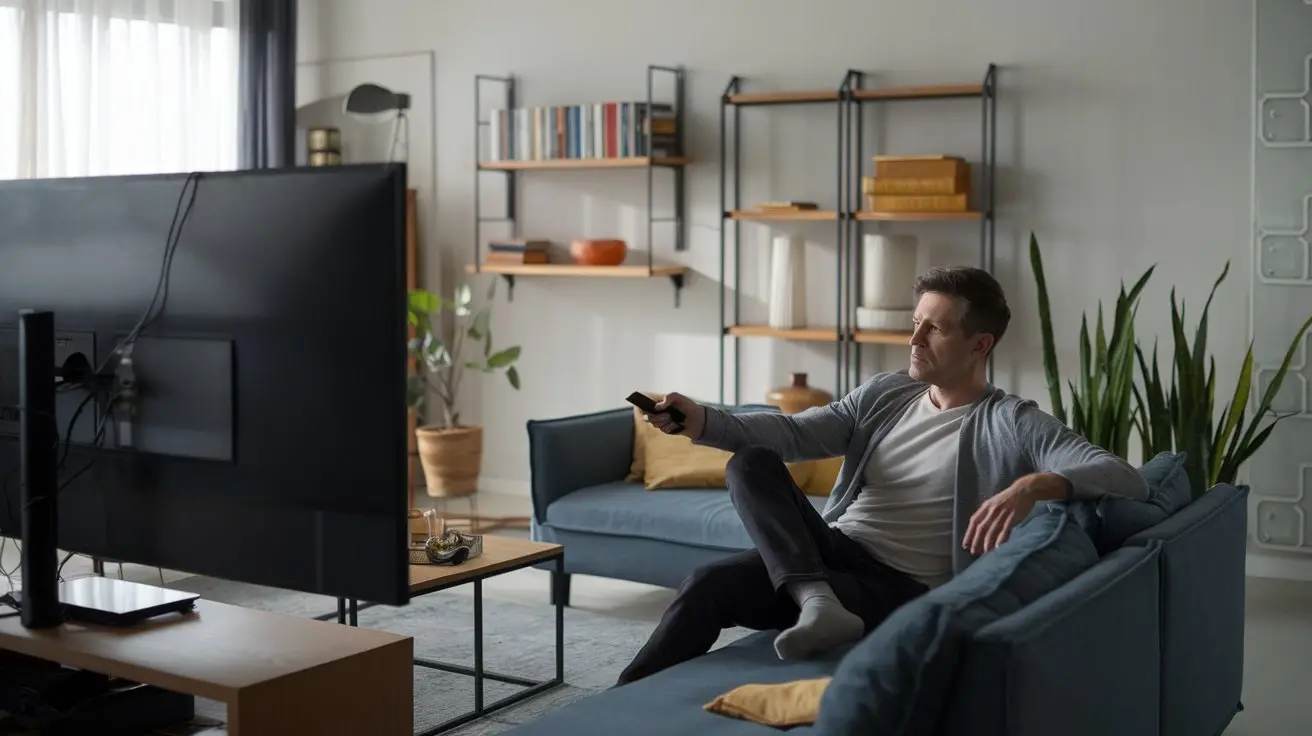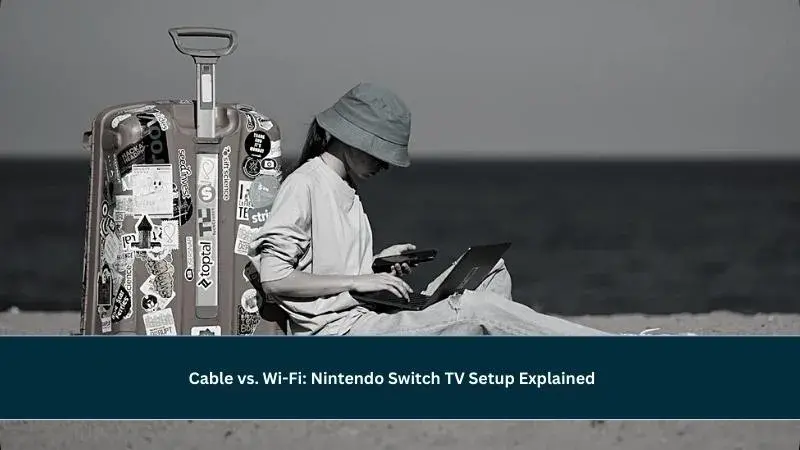
When it comes to setting up your Nintendo Switch for TV gaming, you'll face a crucial decision: should you connect with a cable or go wireless with Wi-Fi? The choice you make can significantly impact your gaming experience. In this comprehensive guide, we will delve into the Cable vs. Wi-Fi debate and explain everything you need to know to make an informed decision.
Let's dive into the world of Nintendo Switch TV setup!
Cable vs. Wi-Fi: Nintendo Switch TV Setup Explained
In this section, we will discuss the two primary methods of connecting your Nintendo Switch to your TV and explore the advantages and disadvantages of each.
Cable Connection
If you opt for a cable connection, you'll need an HDMI cable to link your Nintendo Switch to your TV. This method ensures a stable, lag-free gaming experience.
Connecting via cable has several benefits:
-
Stability: Cable connections are known for their stability, resulting in minimal lag and a smoother gaming experience.
-
Consistency: You won't experience sudden drops in connection quality or interference, which can be common with Wi-Fi.
-
No Signal Interference: Unlike Wi-Fi, cables are not susceptible to interference from other devices or obstacles.
-
Minimal Latency: Cable connections offer minimal latency, crucial for real-time gaming.
-
High Definition: HDMI cables support high-definition gaming, giving you the best visual experience.
-
No Wi-Fi Congestion: You won't have to compete with other devices for Wi-Fi bandwidth.
While cable connections offer stability, they also have some downsides:
-
Limited Mobility: You'll need to stay near your TV, limiting your mobility during gaming.
-
Cable Management: Dealing with cables can be cumbersome, requiring you to manage them properly.
Wi-Fi Connection
Wi-Fi is the wireless alternative, allowing you to connect your Nintendo Switch to your TV without the hassle of cables.
Wi-Fi connections offer the following advantages:
-
Flexibility: You can sit anywhere in your Wi-Fi network range, giving you more freedom.
-
No Cable Clutter: Say goodbye to tangled cables and the need for cable management.
-
Easy Setup: Connecting via Wi-Fi is usually easier and quicker than setting up cables.
However, Wi-Fi connections also have their share of challenges:
-
Signal Interference: Wi-Fi signals can be affected by interference from other electronic devices or physical obstacles.
-
Latency: Wi-Fi connections may experience higher latency compared to cables, which can affect real-time gaming.
-
Network Congestion: In a busy Wi-Fi network, you might experience slowdowns due to multiple devices vying for bandwidth.
FAQs
1. Is a cable connection better for online multiplayer games on Nintendo Switch?
Yes, a cable connection is ideal for online multiplayer games as it provides a more stable and low-latency experience.
2. Can I switch between cable and Wi-Fi connections easily?
Yes, you can switch between the two connections by changing your Nintendo Switch's settings.
3. Are there specific HDMI cables recommended for Nintendo Switch gaming?
It's best to use high-quality HDMI cables to ensure the best gaming experience.
4. How can I reduce Wi-Fi interference for my Nintendo Switch?
To reduce interference, place your Wi-Fi router closer to your Nintendo Switch and avoid obstructions.
5. Do I need any additional accessories for a cable connection?
Besides an HDMI cable, you won't need any additional accessories for a cable connection.
6. Can I use Wi-Fi for single-player games and a cable for multiplayer games on Nintendo Switch?
Yes, you can use both cable and Wi-Fi connections depending on your gaming needs.
Conclusion
In the Cable vs. Wi-Fi debate for Nintendo Switch TV setup, there's no one-size-fits-all answer. Your choice depends on your gaming preferences and the specific challenges of your gaming environment.
For stable, lag-free gaming, especially for online multiplayer, a cable connection is your best bet. However, if you value flexibility and don't want to deal with cable clutter, Wi-Fi is a viable option. You can even switch between the two depending on the game you're playing.
